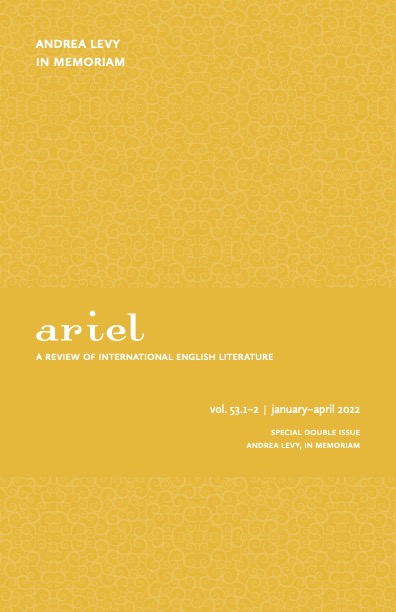Work, Gratitude and ‘the Good Immigrant’: Rereading Andrea Levy’s Every Light in the House Burnin’ (1994) and Never Far From Nowhere (1996) after the Windrush Scandal
Keywords:
Andrea Levy, the good immigrant, Windrush Scandal, work, educationAbstract
In Levy’s early novels, first generation immigrants attempt to secure their status as good citizens through employment; work is a means of integration, respectability, and a badge of self-sufficiency, while education is a route to class mobility for their children. Written more than twenty years before the Windrush scandal broke, these works foreshadow the British State’s betrayal of the Windrush generation and are sceptical of the promise that respectable work leads to acceptance and equality in British society. Levy interrogates the figure of ‘the good immigrant’ and exposes the precarity of her Windrush generation protagonists. Where older characters keep their heads down, their British-born children – following Sara Ahmed’s analysis of happiness as a principle ‘used to justify oppression’ – assert their right to be ungrateful and unhappy, just like anyone else. Returning to these works in the light of the Windrush scandal, I examine Levy’s early preoccupation with the same anxieties around the figure of the needy, unworthy immigrant she later raises in ‘Loose Change’. I focus specifically on the role of work and education in the immigrant experience and argue that Levy’s early 1990s works speak directly to urgent questions, highlighted by the Windrush scandal, around national identity and belonging.


